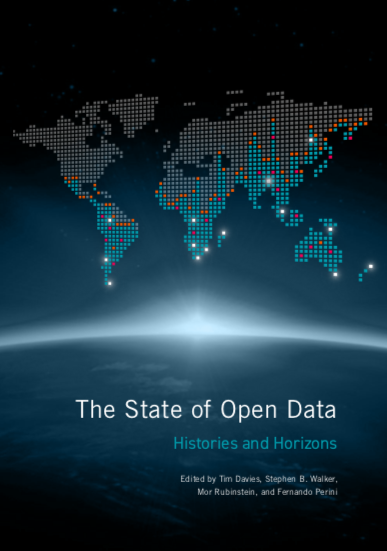Resource information
Key points
-
Global availability of land ownership and land deals data is patchy, but, when available, it has been used by individual citizens, entrepreneurs, civil society, and journalists.
-
Over the last decade, a number of responsible data lessons have been learned. These lessons can provide guidance on how to balance transparency and privacy and on how to draw research conclusions from partial data.
-
In spite of large donor investments in land registration systems, few resources are currently made available to enable open data related to these projects. There are untapped opportunities as a result.
-
Lessons from the land ownership field highlight the political nature of data, and illustrate the importance of politically aware interventions when creating open data standards, infrastructure, and ecosystems.

